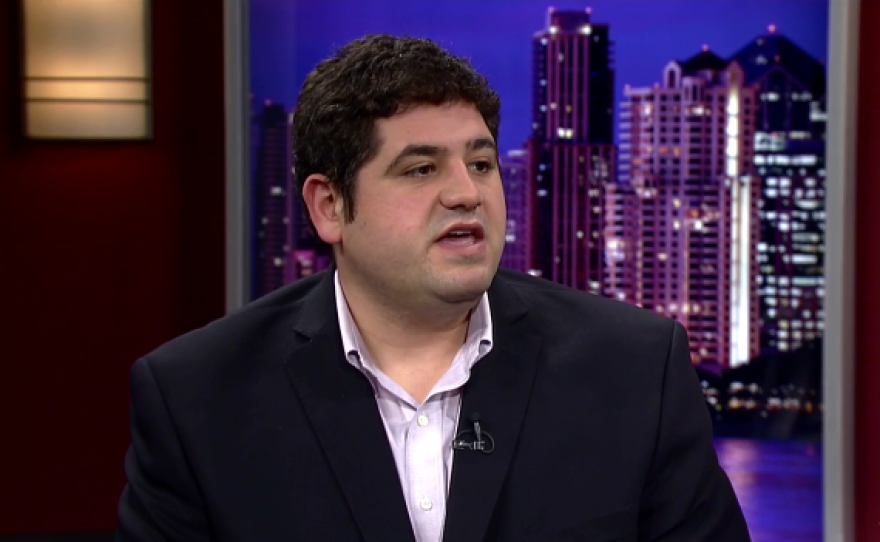Super-Blue Legislature: California’s Democratic leaders said Wednesday that they have captured a super-majority of both houses of the state legislature for the first time in more than 100 years.
Democrats can now override the governor’s vetoes and place constitutional amendments on the ballot without Republicans.
Reactions to this news were predictably polarized. Senate President pro Tem Darrell Steinberg said the Democrats would exercise their new power with strength, humility and reason. Jon Coupal, president of the Howard Jarvis Taxpayers Association said California was heading for one-party rule and is close to becoming a banana republic.
Governor Jerry Brown commented on the situation by invoking biblical references to feast being followed by famine and recommended the legislature exercise "the prudence of Joseph."
There are a growing number of moderate, business-friendly Democrats in the legislature, which may make overriding a gubernatorial veto problematic.
Official Diversity: The results of the 2012 election brought two firsts to San Diego.
Shirley Weber became the first African American from San Diego elected to the state legislature. In fact, she is the first black state legislator ever elected south of Los Angeles, according to her campaign. Weber won with 60 percent of the vote.
And Juan Vargas, who had attempted to join the U.S. House of Representatives several times in the past, became the first Latino ever elected to Congress from the San Diego area.
These results and the election of Democrats Bob Filner, Dave Roberts and Sherri Lightner and the probable election of Democrat Scott Peters to Congress signal that San Diego County -- once the province of the Republican establishment -- is changing.
Peters currently holds a very slim lead over Republican incumbent Brian Bilbray for the seat in the 52nd Congressional District.
Bluer San Diego: Carl DeMaio conceded defeat, and Bob Filner is now the Mayor-elect of San Diego. It was a close race, but Filner’s lead of more than 10,000 votes out of more than 320,000 votes cast is considered insurmountable.
The last Democratic mayor in recent history was Maureen O’Connor, who presided from 1986 to 1992.
The candidates seemed to hold completely divergent opinions on most issues, including the Convention Center expansion, how to deal with city pensions and the Plaza de Panama project for Balboa Park.
But wait, there's more. In addition, Democrat Sherri Lightner defeated Ray Ellis, her Republican opponent, to give the Democrats a majority on the (non-partisan) City Council.
North County Not So Blue: Republican Rocky Chavez was elected to the state Assembly from Oceanside's 76th District, in a race that could be regarded as a case study for how the "top two primary" was designed to work. His opponent was also a Republican, Sherry Hodges, who was the more conservative of the two.
Jim Wood was re-elected mayor of Oceanside, defeating the less-moderate Jerry Kern. Both are Republicans, but the office is non-partisan.
The status quo remains in Escondido, as Olga Diaz and Mike Morasco held their seats on the Escondido City Council.
Escondido voters rejected Proposition P to make Escondido a charter city and divide it into geographic council districts. The defeat paves the way for the revival of a voting-rights lawsuit against at-large council elections in the city, which, the suit alleges, have led to discrimination against Latinos.
Interestingly, groups in favor of district elections were against Prop P, because the new districts would have been drawn up by the current, conservative city council.








